Amar Ekushey Today: Nation pays homage to language martyrs
Published:
2023-02-22 04:10:52 BdST
Update:
2024-05-02 06:01:40 BdST
Live Correspondent: The nation is observing Amar Ekushey and International Mother Language Day today, paying glowing tribute to the martyrs of the historic 1952 Language Movement.
President Abdul Hamid and Prime Minister Sheikh Hasina led the nation in paying homage to the valiant sons of the soil by placing wreaths at the Central Shaheed Minar at zero hours.
Flanked by senior party leaders, Sheikh Hasina placed another wreath at the plinth of the monument as Awami League president.
Later, Speaker Dr Shirin Sharmin Chaudhury, Jatiya Party Chairman GM Quader, Dhaka University Vice-Chancellor Prof Akhtaruzzaman, members of the diplomatic corps and different political, cultural and professional bodies placed wreaths at the Central Shaheed Minar.
Afterwards, barefooted common people, wearing black badges, holding bouquets in their hands and singing Ekushey anthem ‘Amar Bhaiyer Rokte Rangano Ekushey February’ paid tribute to the language martyrs.
They stood in queues in front of the Central Shaheed Minar before the clock struck midnight.
Street paintings, festoons, banners, buntings and placards with popular inscriptions on the Language Movement featured the Shaheed Minar area, adding to the solemnity of the event.
State-run Bangladesh Television and Bangladesh Betar and private TV channels and radio stations are airing special programmes. Newspapers published special supplements highlighting the significance of the day.
Sowing the very seeds of unique nationhood based on language and culture, valiant sons of the soil gave their blood during the Language Movement on this day 71 years ago to establish Bangla as a state language of then Pakistan.
On February 21, 1952, the Pakistani police opened fire on a peaceful procession in Dhaka and brutally killed many people, mostly students, including Salam, Barkat, Rafiq, Jabbar and Shafiur. Their demand was to declare Bangla as one of the state languages of Pakistan.
The day is being observed as International Mother Language Day in 193 countries across the globe following UNESCO’s recognition of 21 February on November 17, 1999.
The day is a public holiday.
The Language Movement was a watershed in history as it fortified Bangalee nationalism and its spirit ultimately led to the country’s independence in 1971.
Back in 1952, the autocratic government imposed Urdu, the language of less than 20 percent people, as the only official language of Pakistan.
But students and people of East Pakistan rose in revolt against the then Pakistan government’s refusal to recognise Bangla, the language of 56 percent people of Pakistan, as one of the state languages.
In the face of strong opposition in 1956, the government was compelled to make Bangla, alongside Urdu, a state language of Pakistan.
President Abdul Hamid, Prime Minister Sheikh Hasina and Leader of the Opposition in Parliament Raushon Ershad gave separate messages on the occasion of the Shaheed Dibas and International Mother Language Day.
The President greeted the people of all languages across the globe on the occasion.
In his message, the President stressed the need for proper practice and preservation of the Bangla language and culture, saying the spirit of Amar Ekushey is the incessant source of inspiration for the people of all the countries across the world to protect their own languages and culture.
“We have to be more attentive to properly practising and preserving Bangla language and culture," he said.
With the blessings of information technology, Bangladeshi people are also now the inhabitants of a single global village, the President said. “Therefore, to maintain the pace of advancement with the developed world, our present generation has to attain necessary skills in different languages which are recognised as international communication media.”
He said observing International Mother Language Day will play a positive role in the development and preservation of ‘our own language as well as in building a sustainable future through multilingual education - this is our expectation’.
Hamid recalled Salam, Barkat, Rafiq, Jabbar, Shafiur and many anonymous language martyrs, who laid down their lives to establish right to their mother tongue Bangla with deep homage.
In her message, Prime Minister Sheikh Hasina extended her sincere greetings to the people of all languages and cultures across the world.
“UNESCO and Bangladesh have been jointly observing this day with due dignity since 2000. I think this year's theme of the day- 'multilingual education- a necessity to transform education'- is perfect,” she said.
Noting that the importance of the Language Movement in the history of Bangladesh’s liberation struggle is immense, she said the foundation for a non-communal, democratic, language-based state system was laid through this movement.
“On this day in 1952, Abul Barkat, Abdul Jabbar, Abdus Salam, Rafiquddin Ahmad, Shafiur Rahman, and many others sacrificed their lives to protect the dignity of our mother language Bangla. I pay my profound respects to the memory of the martyrs of all languages, including Bangla; I remember with deep respect all the Language Movement activists, including the greatest Bangalee of all time, Father of the Nation Bangabandhu Sheikh Mujibur Rahman, whose supreme sacrifices and struggle elevated the esteem of our mother tongue, land and people,” she added.
Sheikh Hasina said the glorious history of the Language Movement from 1947 to 1952 is a source of inspiration in ‘our national life from time and again’.
The Father of the Nation was repeatedly imprisoned for leading the language movement, she said, adding that it was decided at the Education Conference held in Karachi on November 27, 1947 that Urdu will be the state language of Pakistan.
When the news reached Dhaka, the students of Dhaka University immediately protested in front of Khawaja Nazimuddin's residence, the Prime Minister said, adding that shortly afterwards, Sheikh Mujib, a law student at Dhaka University, used his organisational experience to play a vital role in establishing the Chhatra League in Dhaka on January 4, 1948.
Different political parties, including ruling Awami League, main opposition Jatiya Party and major opposition Bangladesh Nationalist Party (BNP), as well as socio-cultural organisations and professional bodies are paying their respects to the language martyrs, marking the day.
Elaborate programmes have been chalked out at all levels in observance of the day to pay homage to the brave sons of the soil.
The programmes include hoisting the national flag at half-mast and black flag atop public and private buildings, wearing black badges and placing wreaths and offering prayers at the martyrs’ mazars.
In observance of the day, ruling Awami League chalked out a two-day programme.
The party will organise a discussion at Bangabandhu International Conference Centre (BICC) at 3:30pm tomorrow with its President and Prime Minister Sheikh Hasina in the chair.
Topic:


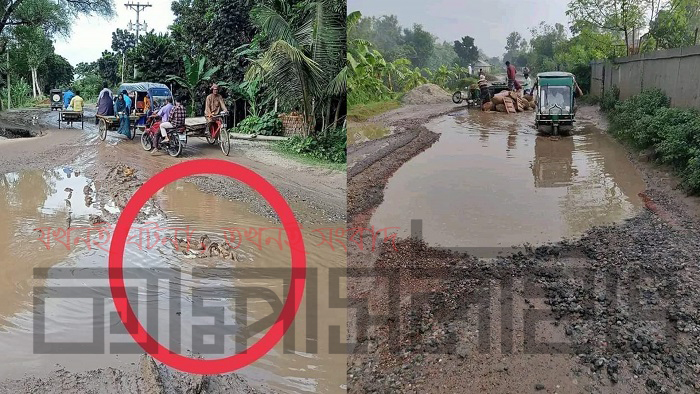
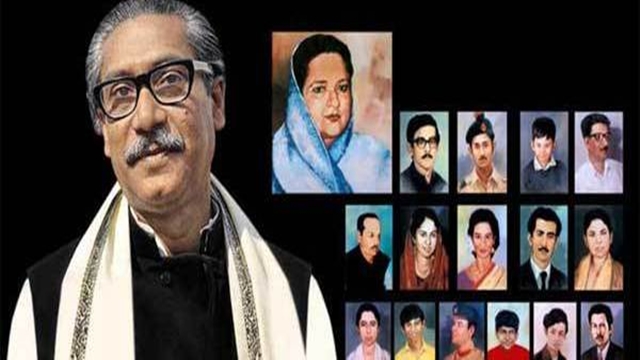
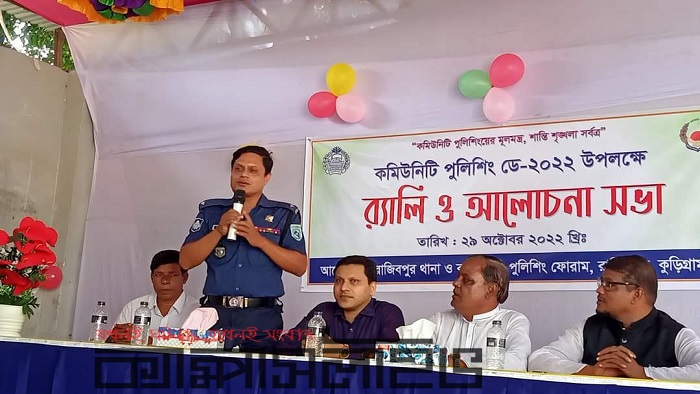
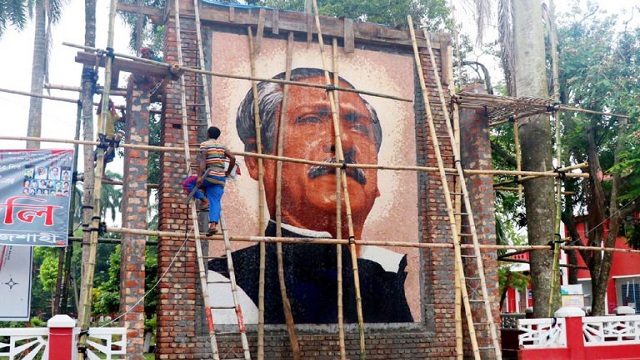
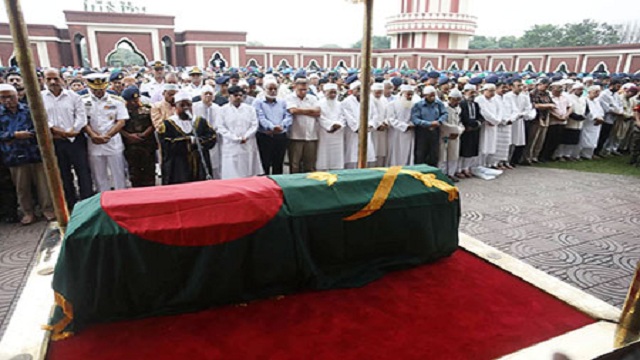
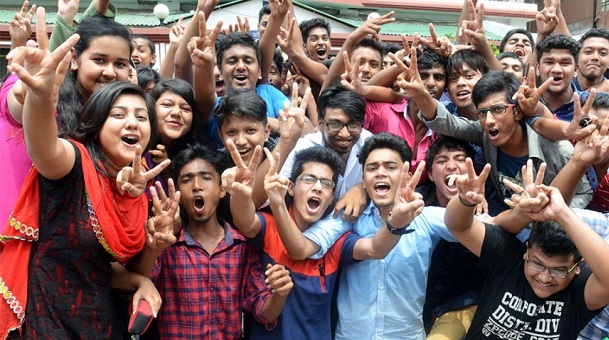
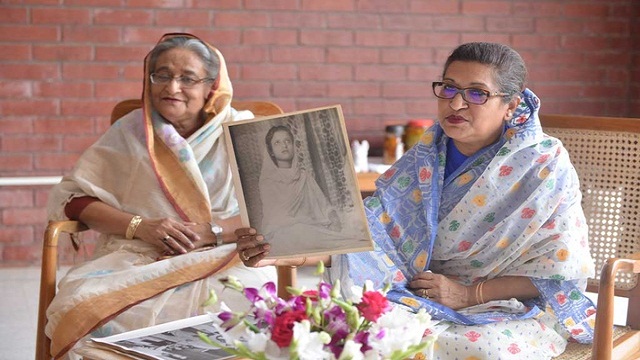
Share Your Valuable Comments: